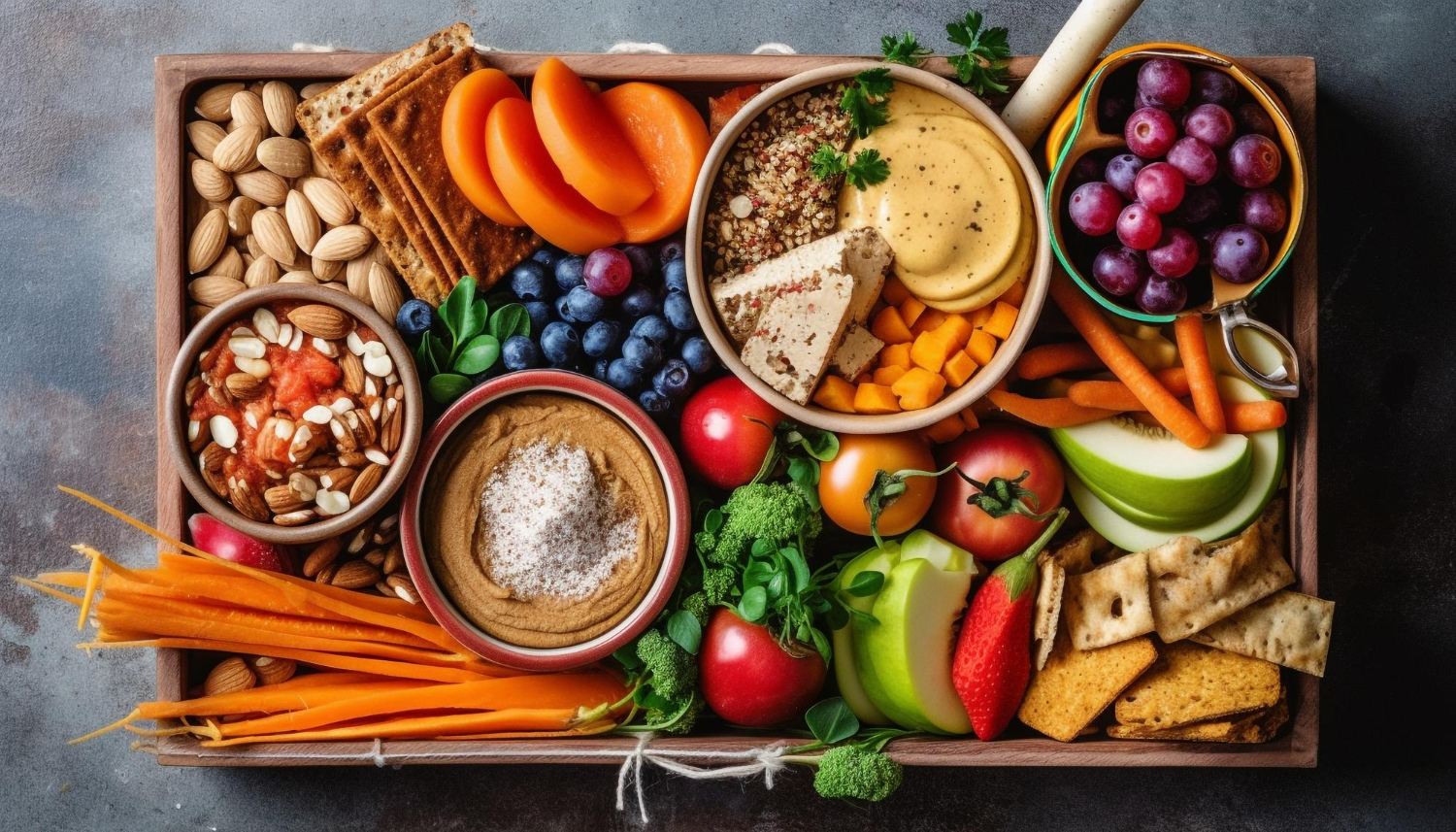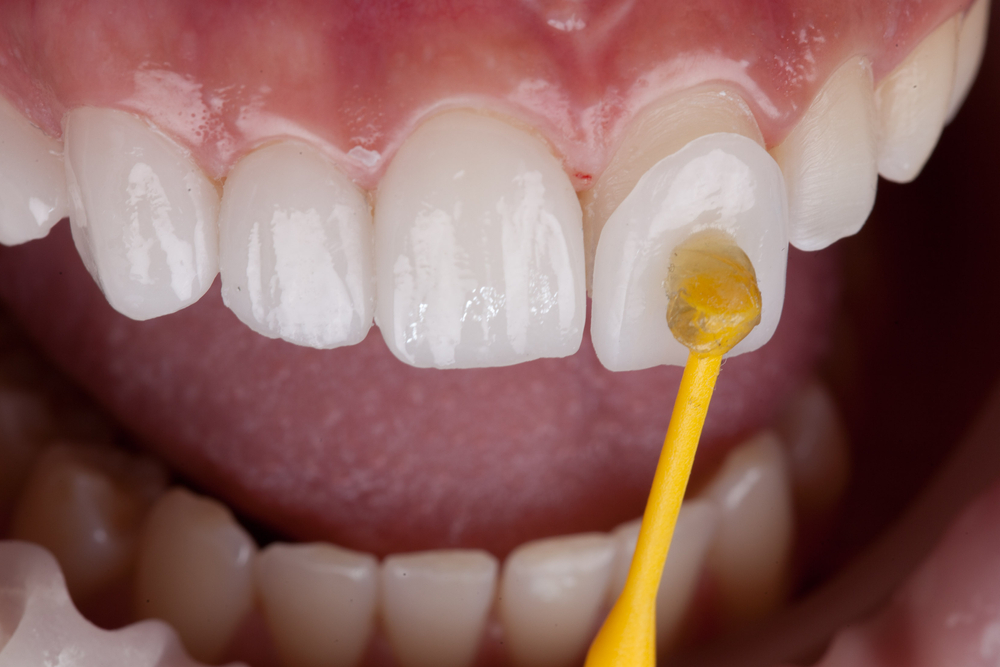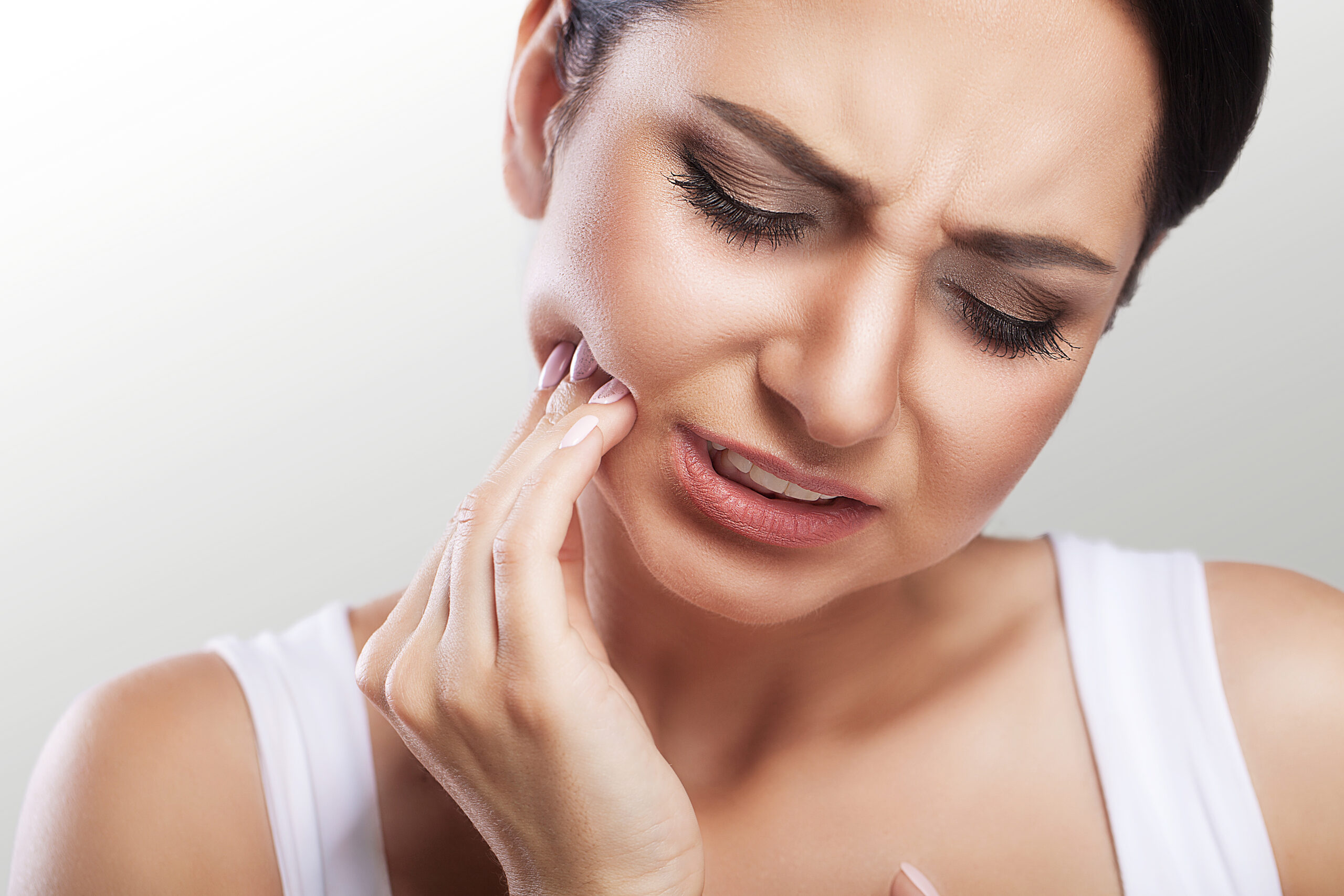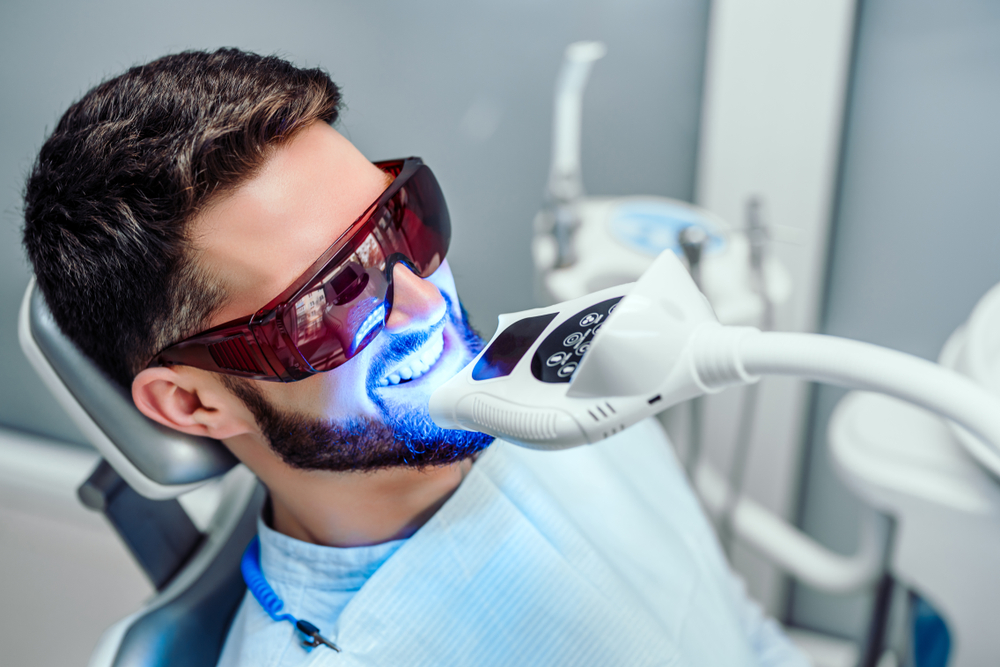Hello, friends! Dr. Richard Dawson here from the Smile Science Dental Spa team, reaching out to you with another piece of valuable advice for your oral health. Today’s topic? The connection between what you eat and your dental health. That’s right, an improved diet can create a brighter, healthier smile!
We’ve all heard the saying, “You are what you eat.” And when it comes to dental health, it couldn’t be truer. Your diet doesn’t only affect your weight and energy levels, but it also has a significant impact on your teeth and gums. So, if you’re looking for a bright, healthier smile, let’s dig into the world of nutrition and see how certain foods can help us achieve that.
Foods that Boost Your Dental Health
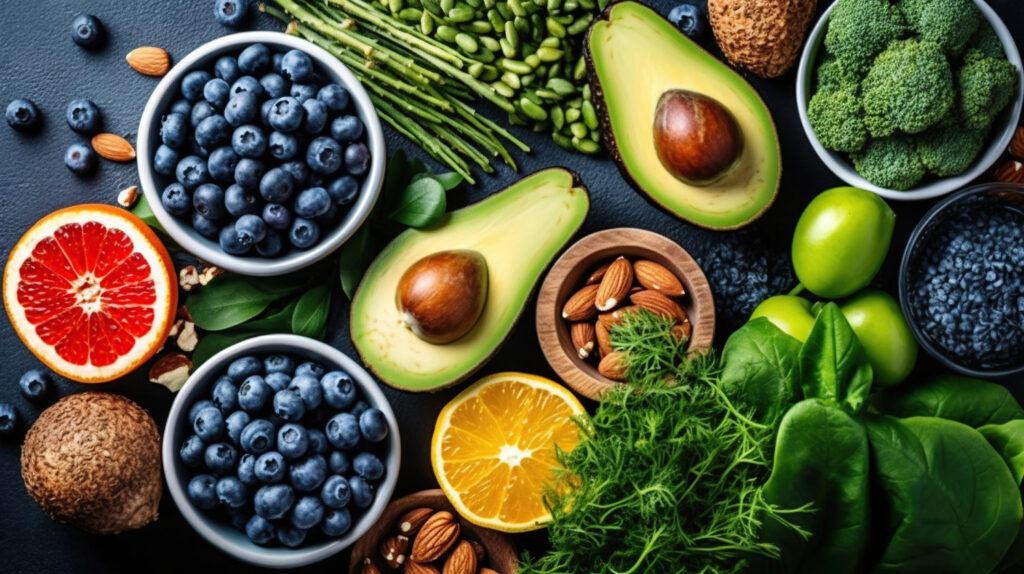
Now, let’s put on our chef’s hat and whip up a menu for healthier teeth and gums. Certain foods, rich in vital nutrients like calcium, vitamin D, and phosphorus, play a crucial role in maintaining a dazzling, robust smile.
Take calcium, for example. It’s the primary nutrient that strengthens your teeth. Where can you find it? Dairy products like milk, cheese, and yogurt are excellent sources of calcium. But if you’re lactose intolerant or vegan, don’t worry. You can also find calcium in leafy green vegetables like spinach and kale.
Next up, we have vitamin D. It’s like the best friend of calcium. Without sufficient vitamin D, the body can’t effectively absorb and use calcium. So, you might be taking enough calcium, but if you’re lacking vitamin D, your teeth might still be at risk. Good sources of vitamin D include fatty fish like salmon and tuna, cheese, and egg yolks.
Finally, let’s not forget phosphorus. This nutrient works hand-in-hand with calcium to build strong teeth and jaw bones. Foods rich in phosphorus include protein-rich options like meat, poultry, fish, milk, and eggs. For the vegetarians among us, nuts and seeds are a great source of phosphorus.
By incorporating these foods into your diet, you’ll be giving your teeth the nutrients they need to shine bright and stay strong. Stay tuned as we dive deeper into the foods for a healthier smile!
Crunch Your Way to A Healthier Smile

Onwards we go on our culinary journey for healthier teeth! Have you ever thought about the benefits of simply crunching away on fruits and veggies? Not only do they pack a nutritional punch, but crunchy fruits and vegetables are also natural tooth cleaners.
When you chew on a crisp apple or munch on some fresh carrots, you’re not only treating your taste buds to a delightful crunch, but you’re also helping your teeth. These crunchy foods act as a natural toothbrush, scrubbing away plaque and leftover food particles. Moreover, they stimulate saliva production, your mouth’s natural defense against tooth decay and gum disease.
Apples, often called “nature’s toothbrush,” are a fantastic choice. Their sweet, juicy flavor combined with their fibrous texture helps clean your teeth and freshen your breath. Similarly, vegetables like carrots and celery are excellent choices. Their crisp texture can clean tooth surfaces, while their high water content helps offset their sugar content.
So next time you’re reaching for a snack, why not grab a crunchy fruit or vegetable? Your teeth will surely thank you!
The Hydrating Power of Water
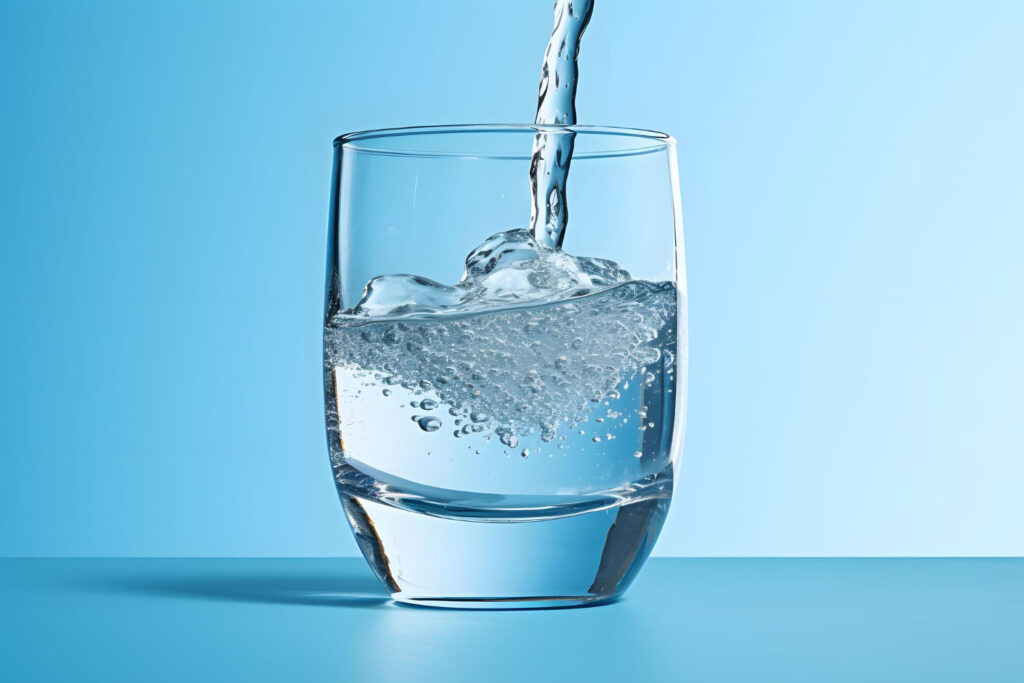
We’ve talked about foods, but let’s not forget the simplest and most crucial ingredient for oral health – water. It’s the primary component of saliva, and we’ve already discussed how important saliva is for maintaining oral hygiene.
Water helps wash away food particles and dilutes acids produced by bacteria in your mouth. It essentially cleans your mouth throughout the day, promoting healthier teeth and gums. It also fights dry mouth, a condition that can lead to bad breath and other oral health problems.
Adding to water’s superpowers is its potential for fluoride. Fluoridated water, when available, strengthens your teeth and prevents tooth decay. Fluoride is a mineral that replenishes the lost calcium and phosphorous, keeping your teeth hard and strong. Many public water supplies in the U.S. are fluoridated, but be sure to check yours.
So, keep a water bottle handy and sip on it throughout the day. Not only does it keep you hydrated, but it also keeps your smile bright and healthy. A win-win, right? Now, let’s move on to some foods and habits you might want to limit for that glowing smile!
Foods to Limit for a Healthier Smile

Now, let’s chat about some foods and drinks that, while they might taste great, aren’t the best friends of your teeth. We’re talking about sugary snacks, acidic foods, and carbonated drinks.
Sugar is a primary enemy of your teeth. It’s what the bacteria in your mouth feed on to produce acids, leading to tooth decay and cavities. So, those sugary candies, cookies, and desserts? They might be a delight for your sweet tooth but a menace for your oral health.
Acidic foods and drinks, such as citrus fruits, tomatoes, coffee, and wine, can erode tooth enamel, making your teeth more susceptible to decay. Carbonated drinks, even the diet ones, are often acidic and can also damage the tooth enamel.
But hey, no need to panic! We’re not saying you need to completely eliminate these from your diet. It’s all about balance and moderation. Plus, rinsing your mouth with water after consuming these can significantly reduce their negative impact.
The Role of Balanced Nutrition
My partner, Dr. John Turke, often emphasizes that while specific foods can boost oral health, the most crucial aspect is maintaining a balanced diet. Eating a variety of foods from all food groups ensures your body, and in turn, your teeth and gums, get all the necessary nutrients.
Avoiding excess sugars, consuming fruits and vegetables, getting enough proteins, and staying hydrated are all part of this balanced approach to diet. So, while our focus is on your smile, remember, a healthy diet contributes to your overall well-being too!
Your Healthier Smile Awaits

And that, my friends, brings us to the end of our nutritious journey for a brighter, healthier smile. Your diet plays a significant role in determining your oral health. So, be mindful of what you eat, enjoy a variety of foods, and remember, everything in moderation.
Of course, even the best diet cannot replace regular dental check-ups. That’s why we at Smile Science Dental Spa are here for you, ready to guide you on your journey to the best oral health. Combine your healthy diet with our expert care, and there’s nothing that can dim your brilliant smile!
Remember, every meal is a chance to nourish your body and your smile. So make the most of it, and keep smiling!
Citations and Further Reading
- Good Oral Health and Diet
- Diet and Nutrition to Prevent Dental Problems
- Poor oral health and the association with diet quality and intake in older people in two studies in the UK and USA
- Diet, nutrition and the prevention of dental diseases


